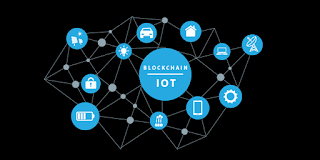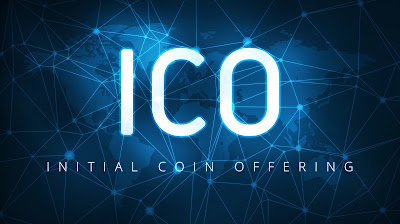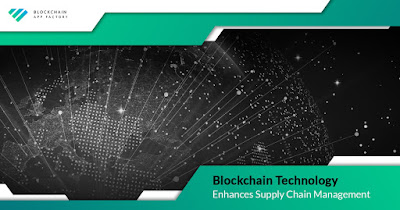Smart Contracts in supply chain

Communications is key, especially in Supply Chain. Unfortunately, miscommunication is what happens very often in this industry. Supply Chain is a complex process that involves a great number of parties - supplier, delivery staff, distribution, retail and etc. And with so many people in between the first and the last level of the chain, information can get lost or modified, affecting the expecting results and performance. The solution to solve this issue? Blockchain Smart Contracts. What is a Smart Contract? Smart Contract is a computer-based protocol built to facilitate and automate negotiations or enforce a contract performance. Built in a blockchain network, the digital contract works without the need of a third party. Once all the rules and agreements are settled, the protocol executes itself. Smart Contracts in Supply Chain Smart contracts in Supplychain How exactly a smart contract development can help solve the supply chain problems? To begin with, the in...










